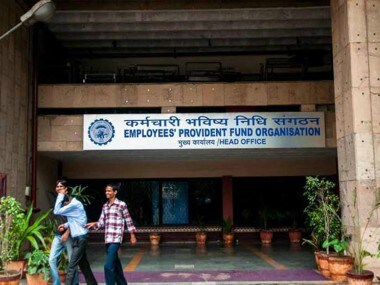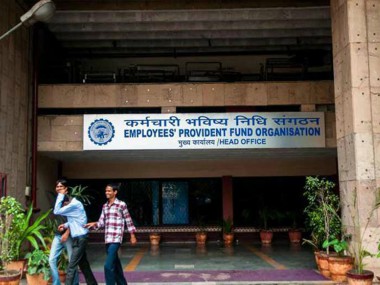The Supreme Court’s (SC) ruling on Provident Fund on Thursday (28 February, 2019) states that employers can’t segregate special allowances from basic salary. It has to be included for PF deductions under the Employees’ Provident Fund and Miscellaneous Provisions Act, 1952, said a bench of Justices Arun Mishra and Naveen Sinha. The Supreme Court held that variable earning which may vary from individual to individual according to their efficiency and diligence will stand excluded from the term “Basic Wages” under the Employees Provident Fund and Miscellaneous Provisions Act, 1952 (Provident Fund Act), according to
a report
in Bar & Bench. This is expected to hit a large number of organisations where employees salary and special allowances are taken separately as employers will now have to match it with similar contributions. [caption id=“attachment_5161771” align=“alignleft” width=“380”]
 Representational image. PTI[/caption] What the SC ruling means is that those earning salary and special allowances together up to Rs 15,000 will now have to club it for purpose of PF deductions. Earlier, only the basic salary would be taken into account for PF calculation. For instance, if an employee’s basic salary is Rs 10,000 and she gets special allowances of Rs 5,000, unlike earlier where the PF deduction would apply only on basic salary, now it will be clubbed with special allowance and deductions calculated on a combined sum of Rs 15,000. The SC ruling is not expected to impact those earning basic salary and special allowance above Rs 15,000. Here is the verdict of Supreme Court ruling
Representational image. PTI[/caption] What the SC ruling means is that those earning salary and special allowances together up to Rs 15,000 will now have to club it for purpose of PF deductions. Earlier, only the basic salary would be taken into account for PF calculation. For instance, if an employee’s basic salary is Rs 10,000 and she gets special allowances of Rs 5,000, unlike earlier where the PF deduction would apply only on basic salary, now it will be clubbed with special allowance and deductions calculated on a combined sum of Rs 15,000. The SC ruling is not expected to impact those earning basic salary and special allowance above Rs 15,000. Here is the verdict of Supreme Court ruling
Supreme Court says employees basic salary, special allowances must be clubbed together to calculate provident fund
FP Staff
• March 1, 2019, 13:00:16 IST
The SC ruling is not expected to impact those earning basic salary and special allowance above Rs 15,000.
Advertisement
)
End of Article